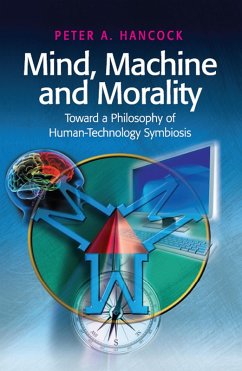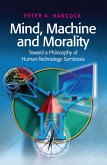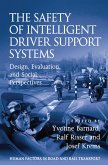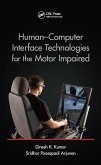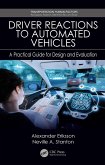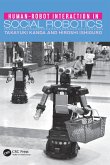Technology is our conduit of power. In our modern world, technology is the gatekeeper deciding who shall have and who shall have not. Either technology works for you or you work for technology. It shapes the human race just as much as we shape it. But where is this symbiosis going? Who provides the directions, the intentions, the goals of this human-machine partnership? Such decisions do not derive from the creators of technology who are enmeshed in their individual innovations. They neither come from our social leaders who possess only sufficient technical understanding to react to innovations, not to anticipate or direct their progress. Neither is there evidence of some omnipotent 'invisible hand,' the simple fact is that no one is directing this enterprise. In Mind, Machine and Morality, Peter Hancock asks questions about this insensate progress and has the temerity to suggest some cognate answers. He argues for the unbreakable symbiosis of purpose and process, and examines the dangerous possibilities that emerge when science and purpose meet. Historically, this work is a modern-day child of Bacon's hope for the 'Great Instauration.' However, unlike its forebear, the focus here is on human-machine systems. The emphasis centers on the conception that the active, extensive face of modern philosophy is technology. Whatever we are to become is bound up not only in our biology but critically in our technology also. And to achieve rational progress we need to articulate manifest purpose. This book is one step along the purposive road. Drawing together his many seminal writings on human-machine interaction and adapting these works specifically for this collection, Peter Hancock provides real food for thought, delighting readers with his unique philosophical perspective and outstanding insights. This is theoretical work of the highest order and will open minds accordingly.
Dieser Download kann aus rechtlichen Gründen nur mit Rechnungsadresse in A, B, BG, CY, CZ, D, DK, EW, E, FIN, F, GR, HR, H, IRL, I, LT, L, LR, M, NL, PL, P, R, S, SLO, SK ausgeliefert werden.

